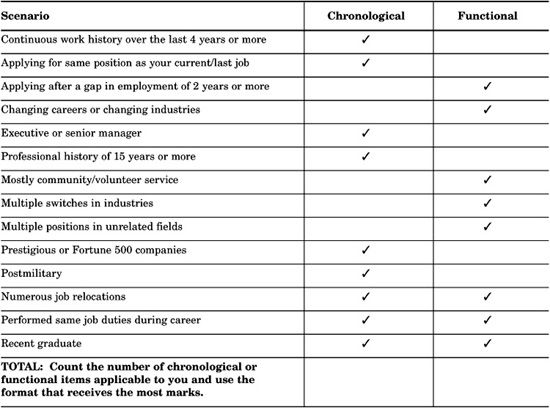The Resume.Com Guide to Writing Unbeatable Resumes (37 page)
Read The Resume.Com Guide to Writing Unbeatable Resumes Online
Authors: Warren Simons,Rose Curtis

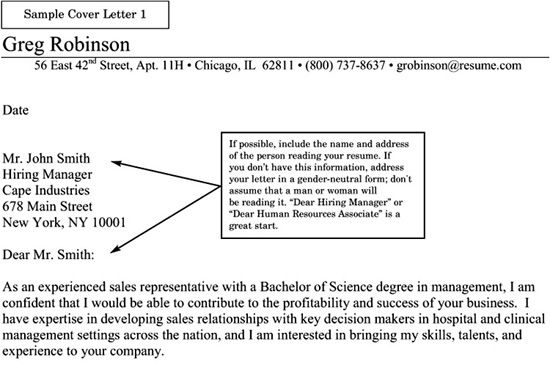
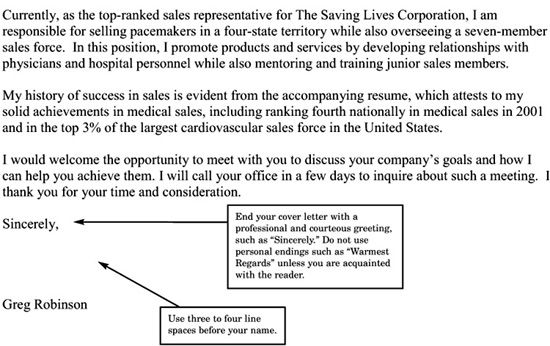


Prospective employers often ask for a list of references during or after an interview, and you should have a printed list of your contacts available before walking in the door for an interview. Sometimes a prospective employer will request references before an interview, but this process usually occurs after the first meeting. You can include both work and personal contacts on your reference list, but make sure that at least three professional contacts are listed. As a rule, call all the references you want to use and verify that it is okay for a prospective employer to contact them.
When creating your list of references, you only need to list the basics: name and title, the companies they work for, and the telephone numbers and e-mail addresses where they can be contacted.
Print out your references using the same letterhead you use for your resume and cover letter. The following chart will help organize your contacts:

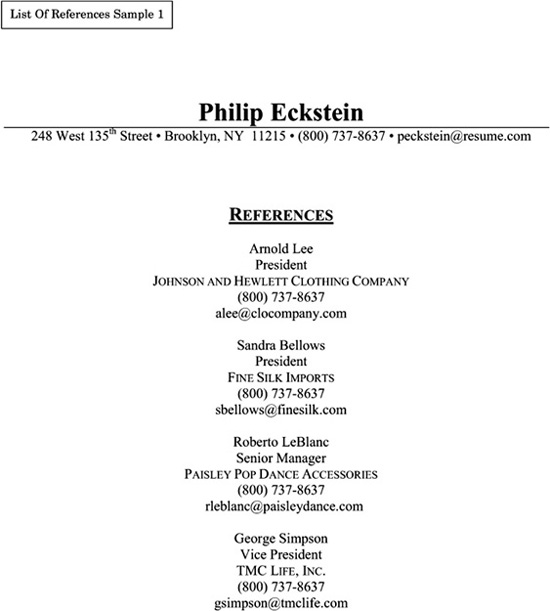
Although the resume and the cover letter are the two most important documents in a job search, the letter of recommendation can play a significant role in a hiring decision.
Also known as a letter of reference, a letter of recommendation emphasizes your skills and achievements from a previous employer’s point of view, bringing to light your personality as well as your job experience.
The letter of reference is usually one page long and is written by a manager or personal associate. It should discuss your overall performance, including sound communication skills, proven intellect, and a strong sense of responsibility. Qualifications like these will stand out in a letter even if the tone of the entire piece seems overly generous.
Your reference writer may ask you to construct a letter that he or she will then edit; this is considered a common practice. If this is not the case, however, make sure to remind the person writing the reference of your accomplishments and achievements when you worked together.
It’s important to use a reference who will respond favorably to your request. A half-hearted or poorly written letter of reference can have an extremely negative impact on your application.
Follow-up letters are e-mailed, faxed, or mailed to a hirer after you submit your resume and cover letter. These letters remind the hiring manager of your qualifications and reiterate your interest in the position.
You should always send a follow-up letter a few days after submitting your application and every few days for at least two weeks or until you receive a response. In one or two paragraphs your follow up letter should include
■
The position you are pursuing and the date you submitted your resume
■
Two or three key qualifications you have for the position
■
Your interest in meeting the hiring manager to discuss this position in person
■
Your intention to follow up again in a few days
■
The telephone numbers and e-mail address where you can be reached
Being persistent in applying for any position will set you apart from the competition and will leave a strong impression with the potential employer that you are seriously interested in the job.
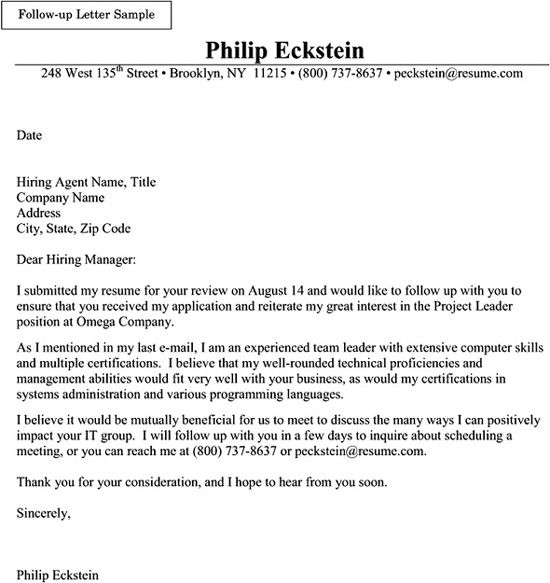
The postinterview thank-you letter is an important but often overlooked component of a successful job search. When you are competing against a pool of equally qualified candidates, it is vital to continue to sell yourself at every stage of the job search.
In one or two paragraphs the thank-you letter should remind the interviewer of some key qualifications you discussed during your meeting. You don’t have to go into minute detail, but you want to remind the hirer of your personality and the qualifications that make you a memorable candidate.
You letter should always begin by thanking the hirer for taking the time to meet with you. Then discuss two or three points you spoke about during your interview, such as with whom you would work, projects you would be responsible for, or how a specific aspect of your past employment would be a perfect match with a potential job duty. Conclude the letter by thanking the interviewer again and indicating when you next will follow up.
Try to e-mail or mail the thank-you letter as soon as you return home from the interview.
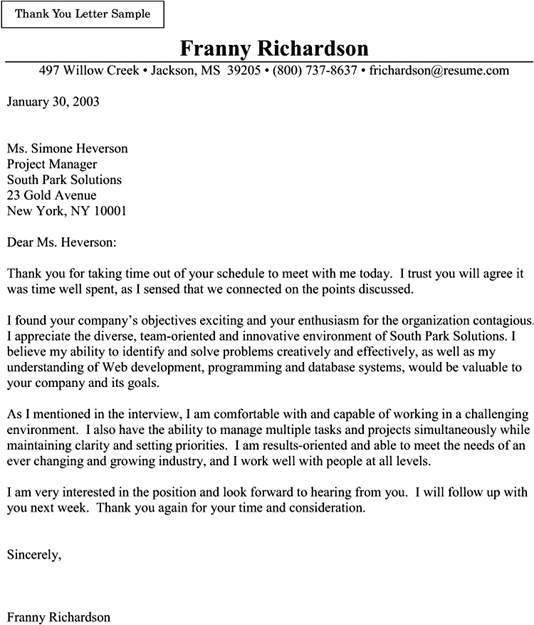
Choosing the Right Resume Format
To choose the ideal resume format to use, take this quick quiz. If you select more of the chronological scenarios, that is probably the best format for you. You can review
Chapters 2
,
3
, and
4
for a more detailed discussion of the proper format to use. Keep this quick quiz handy and check it against your future job search goals.
